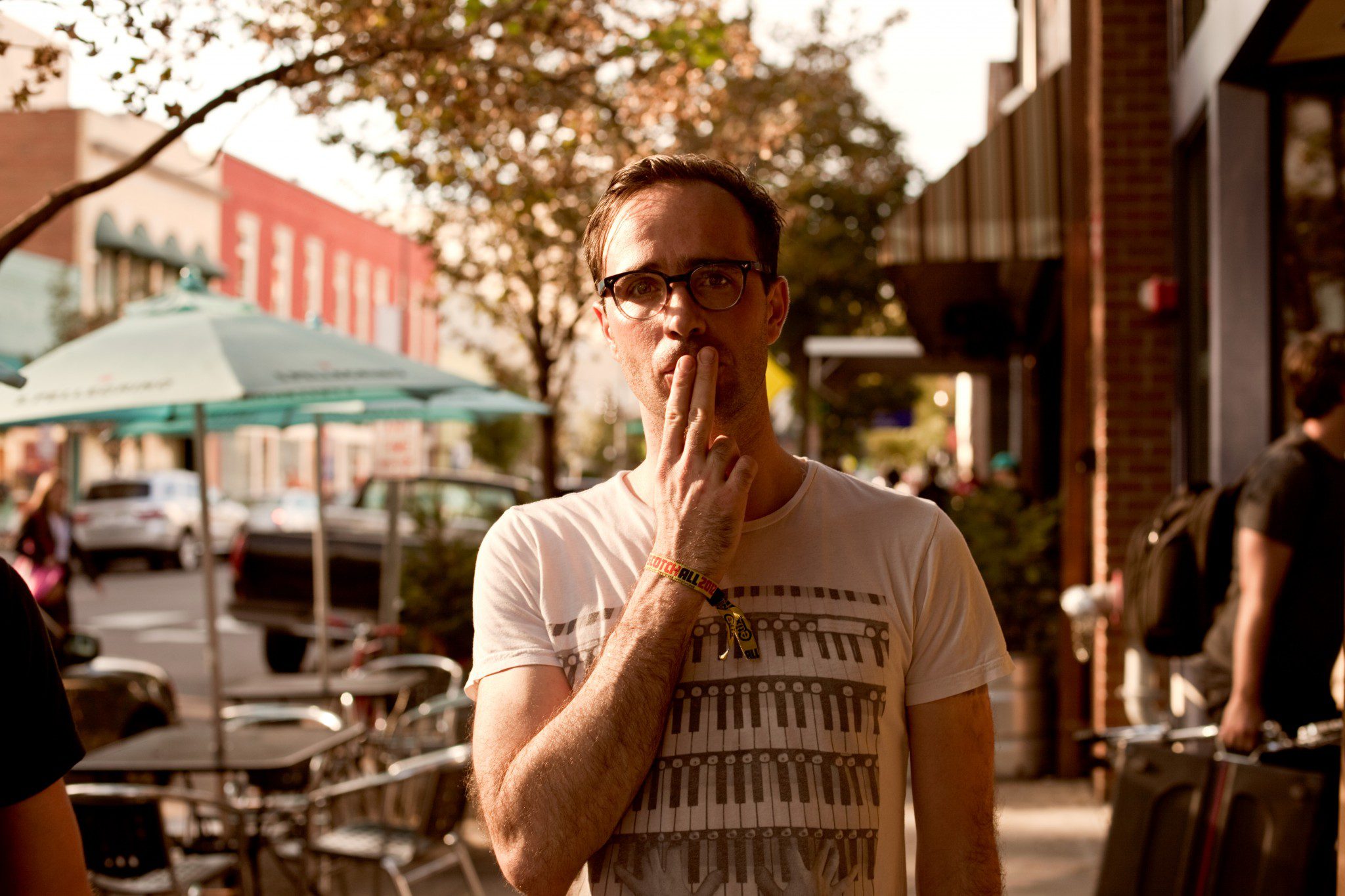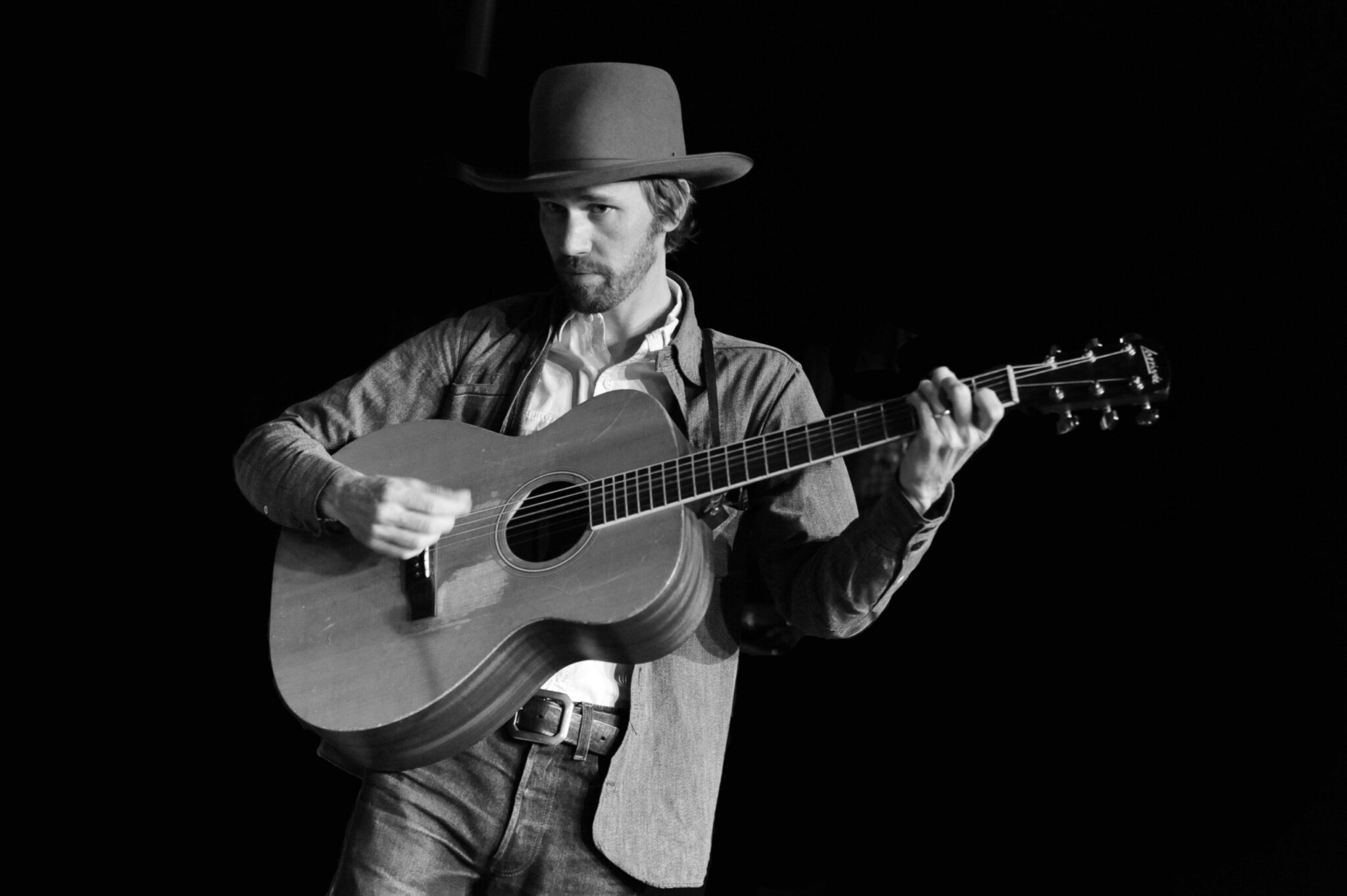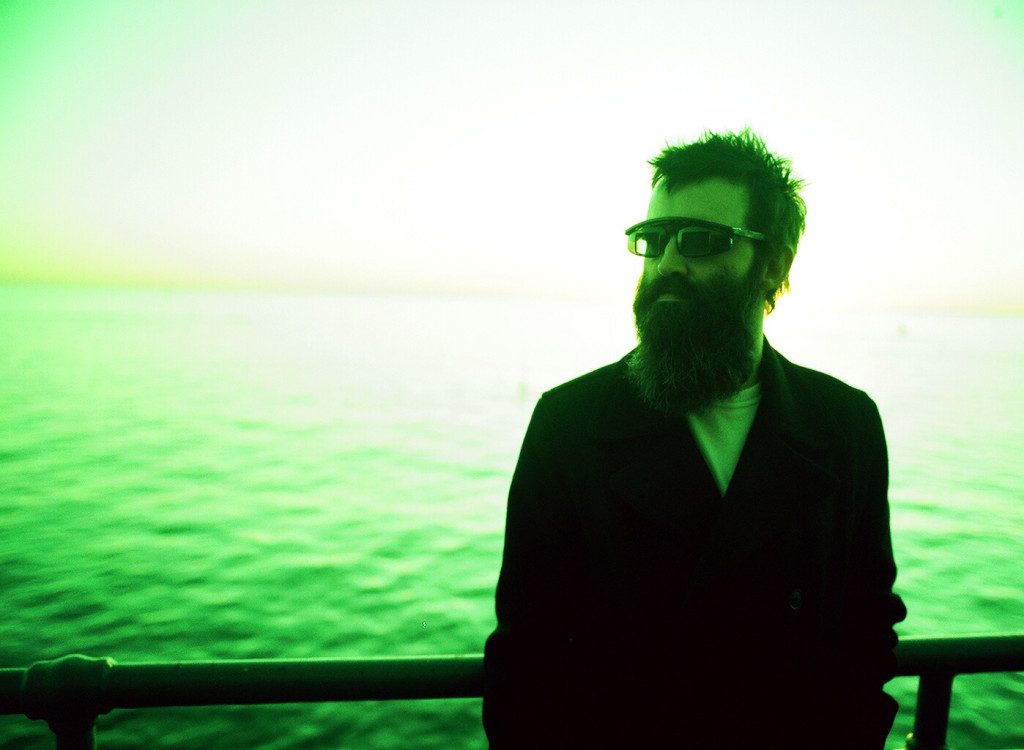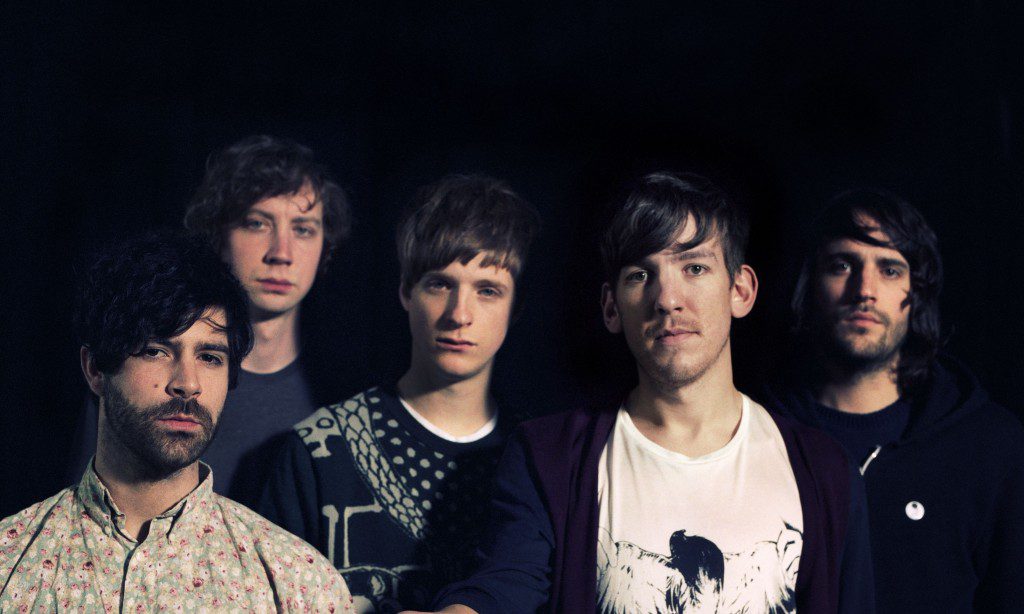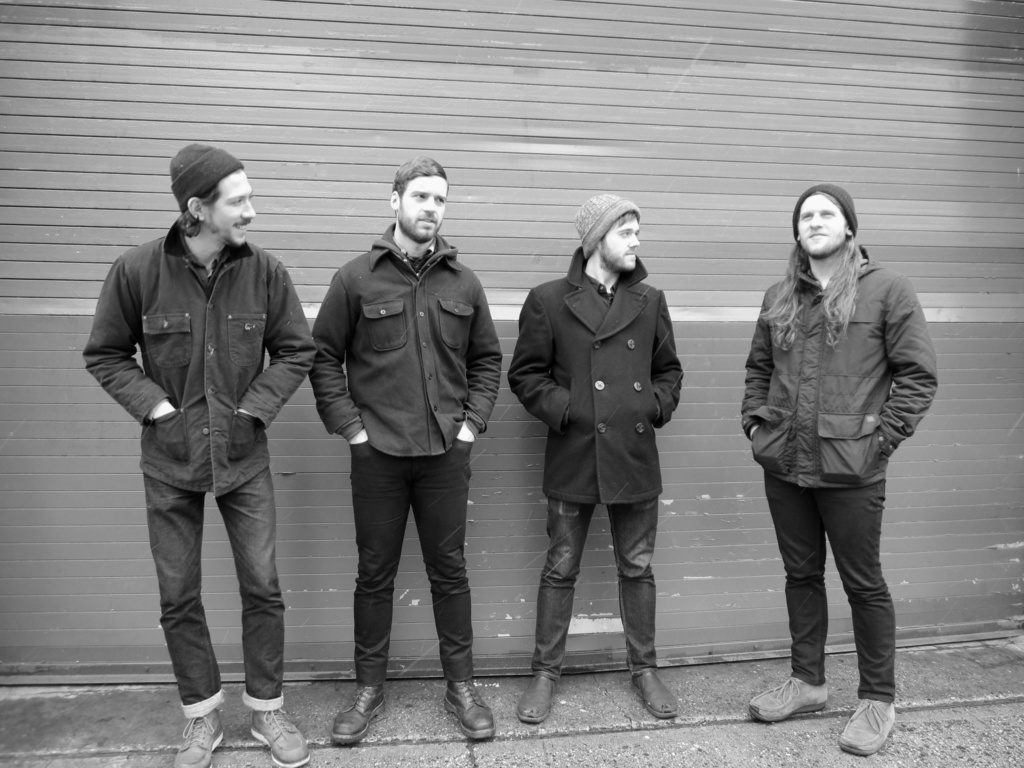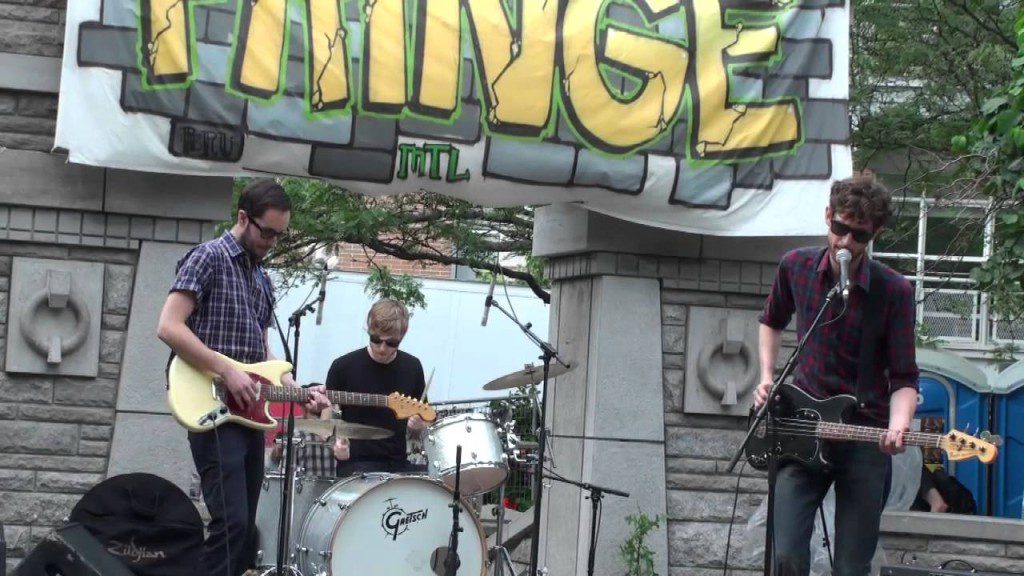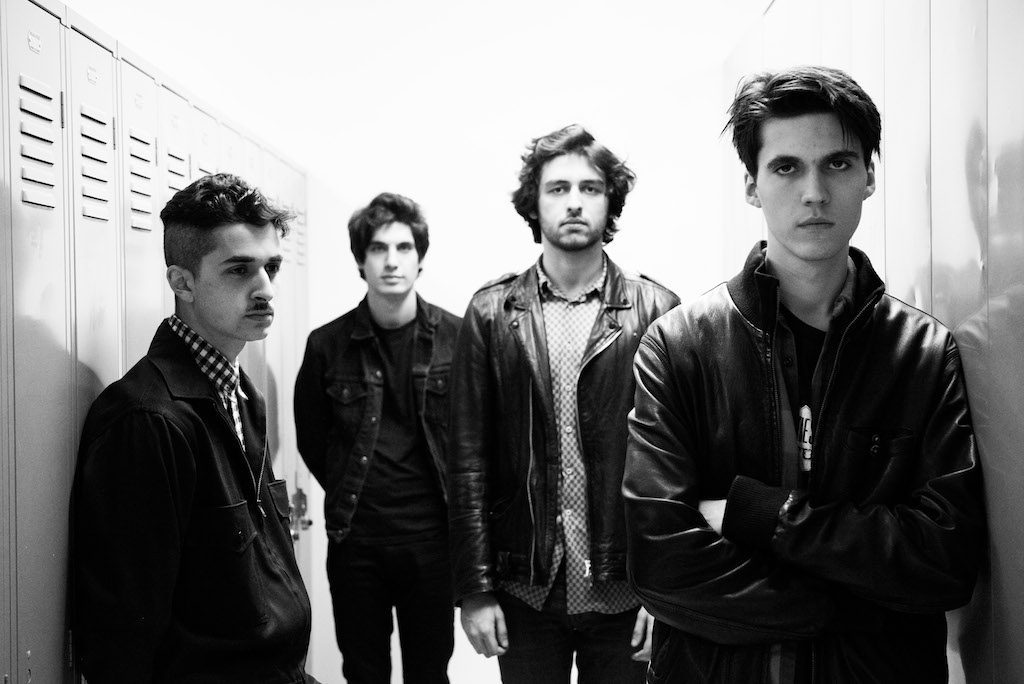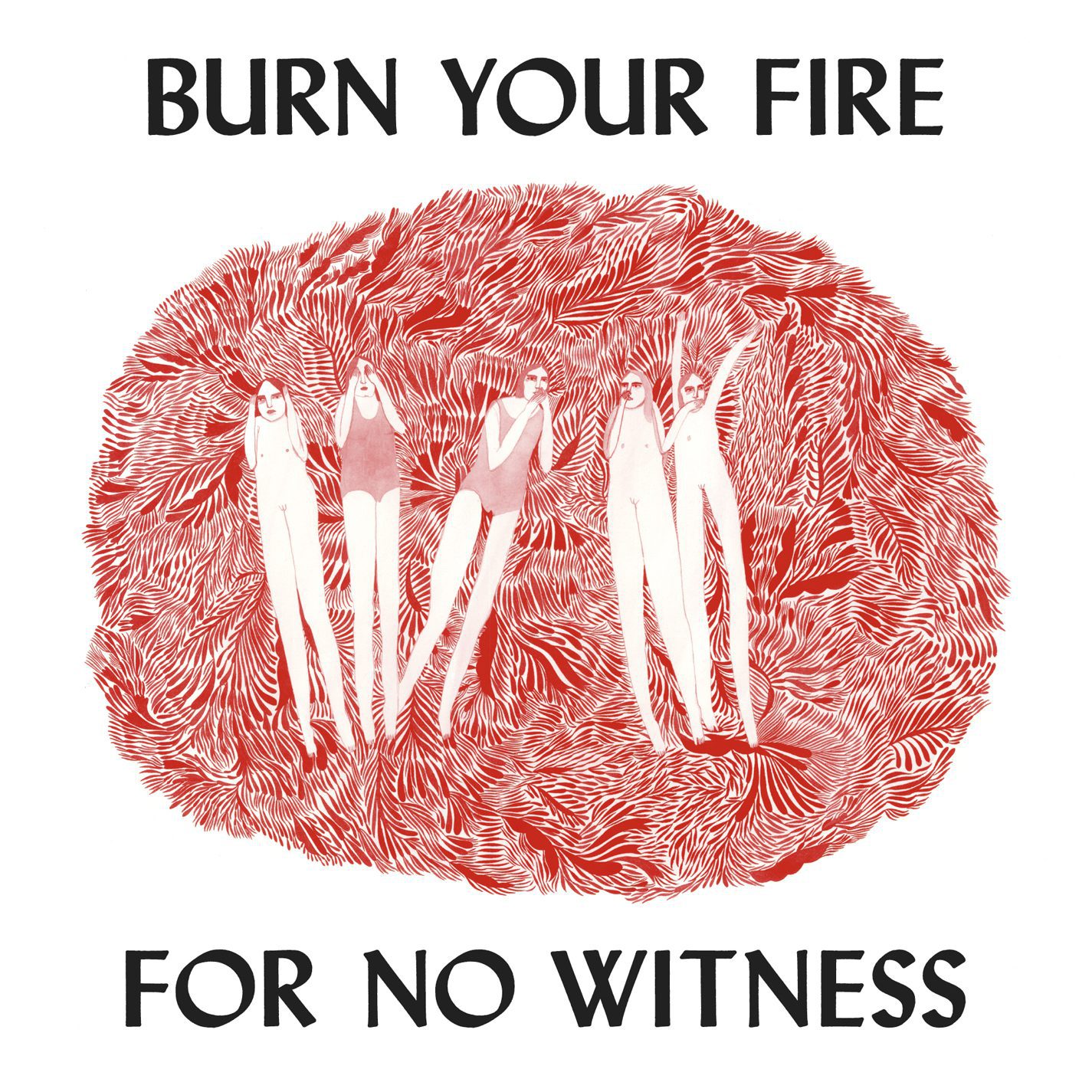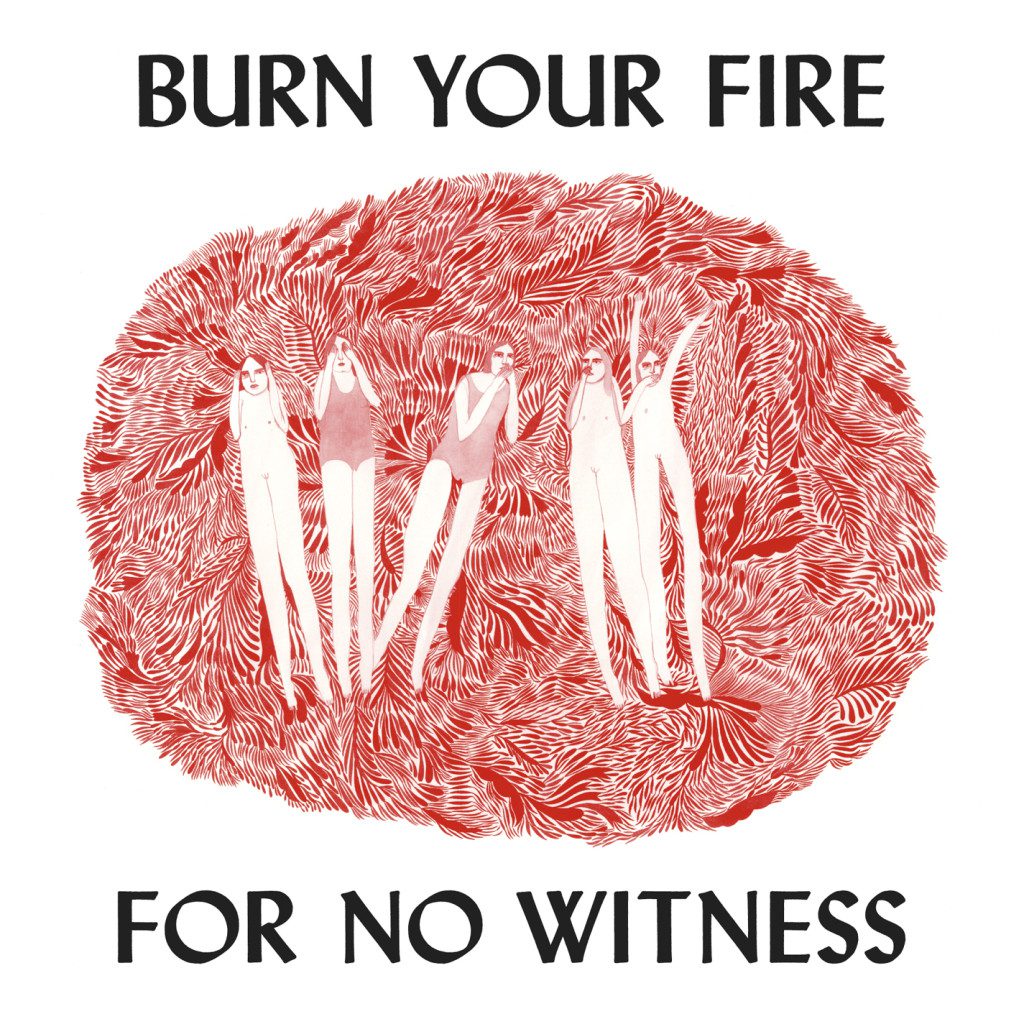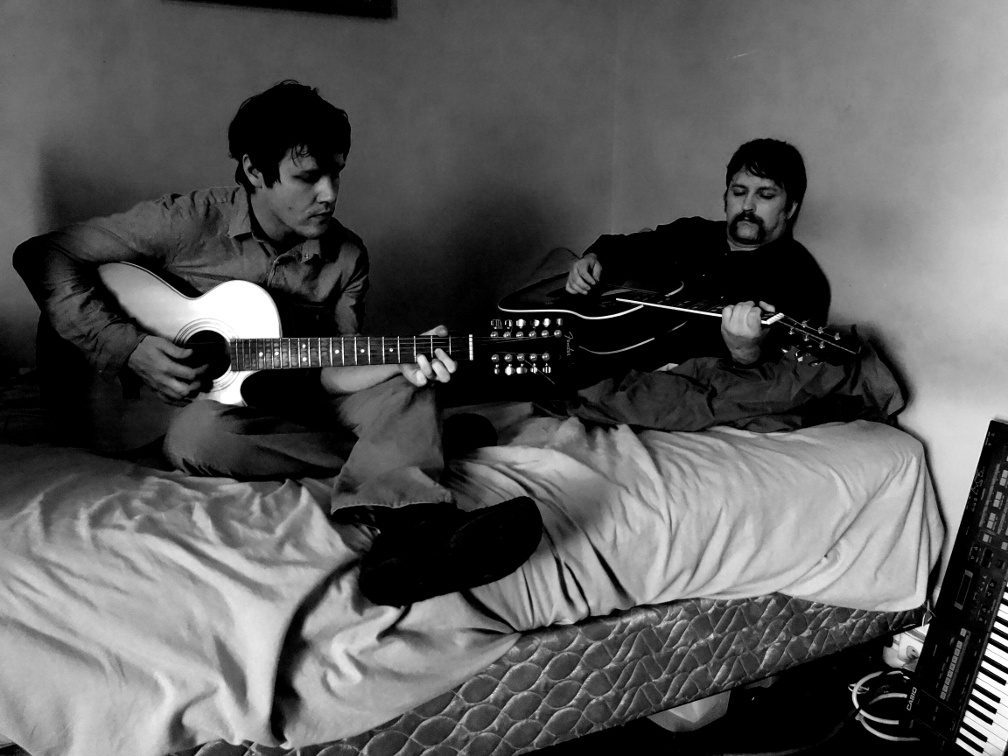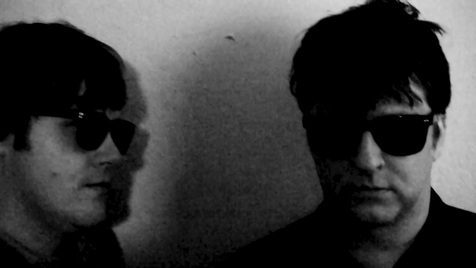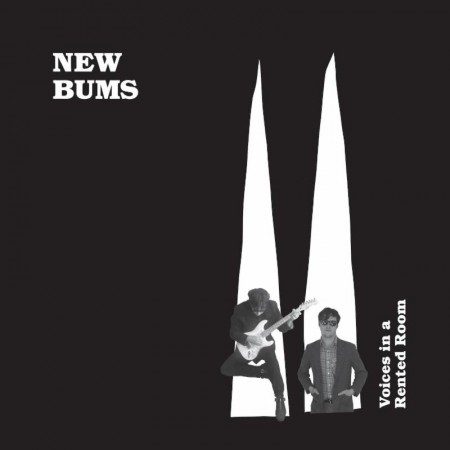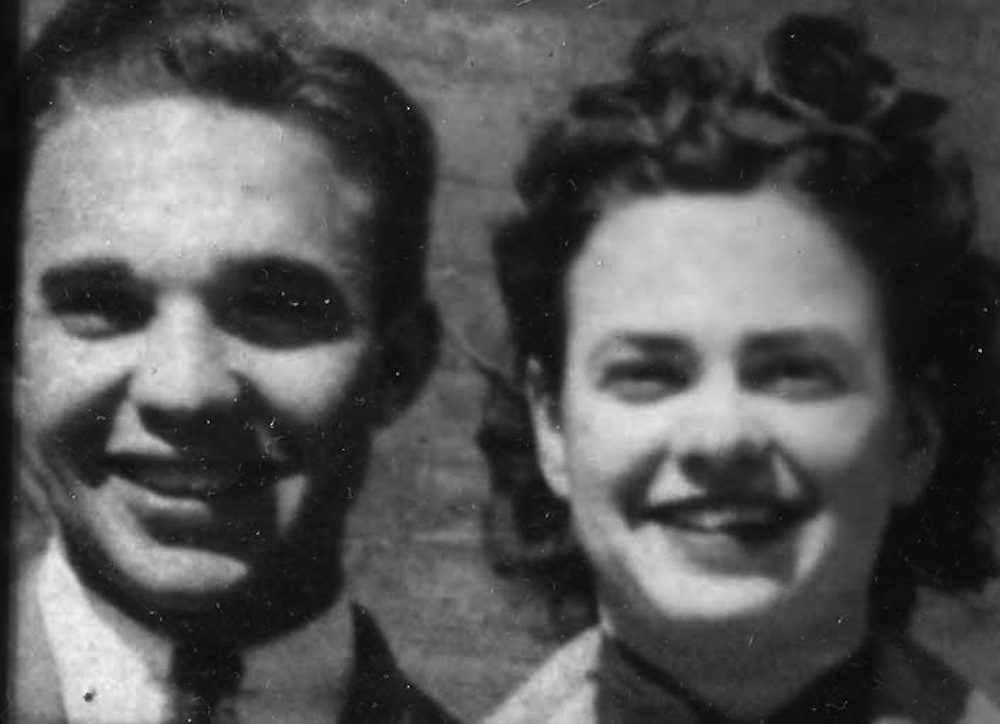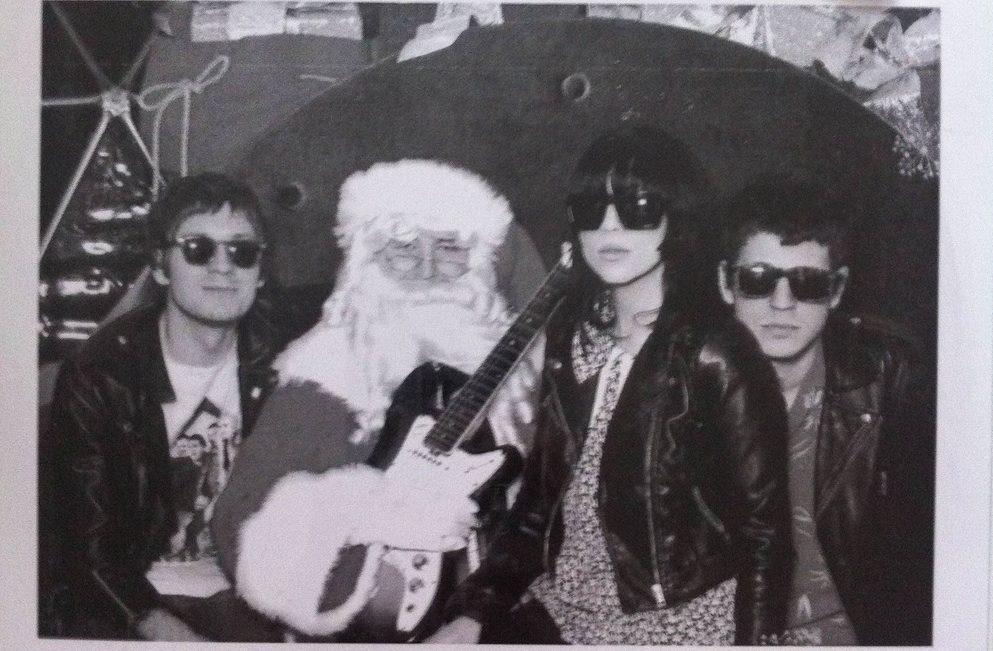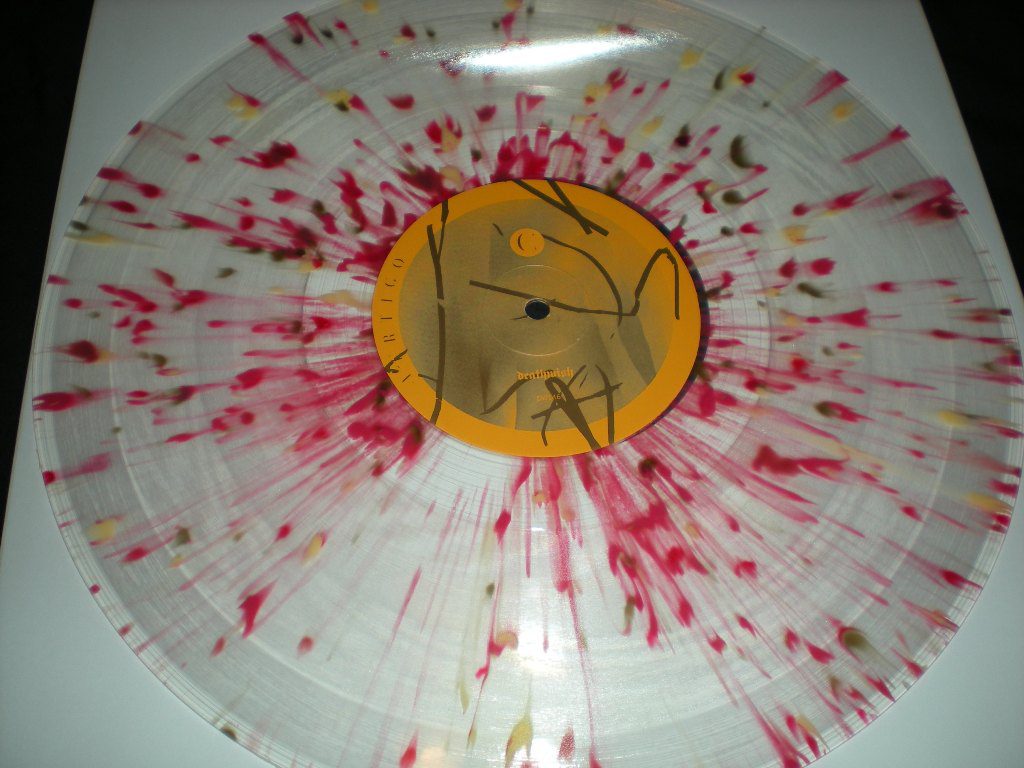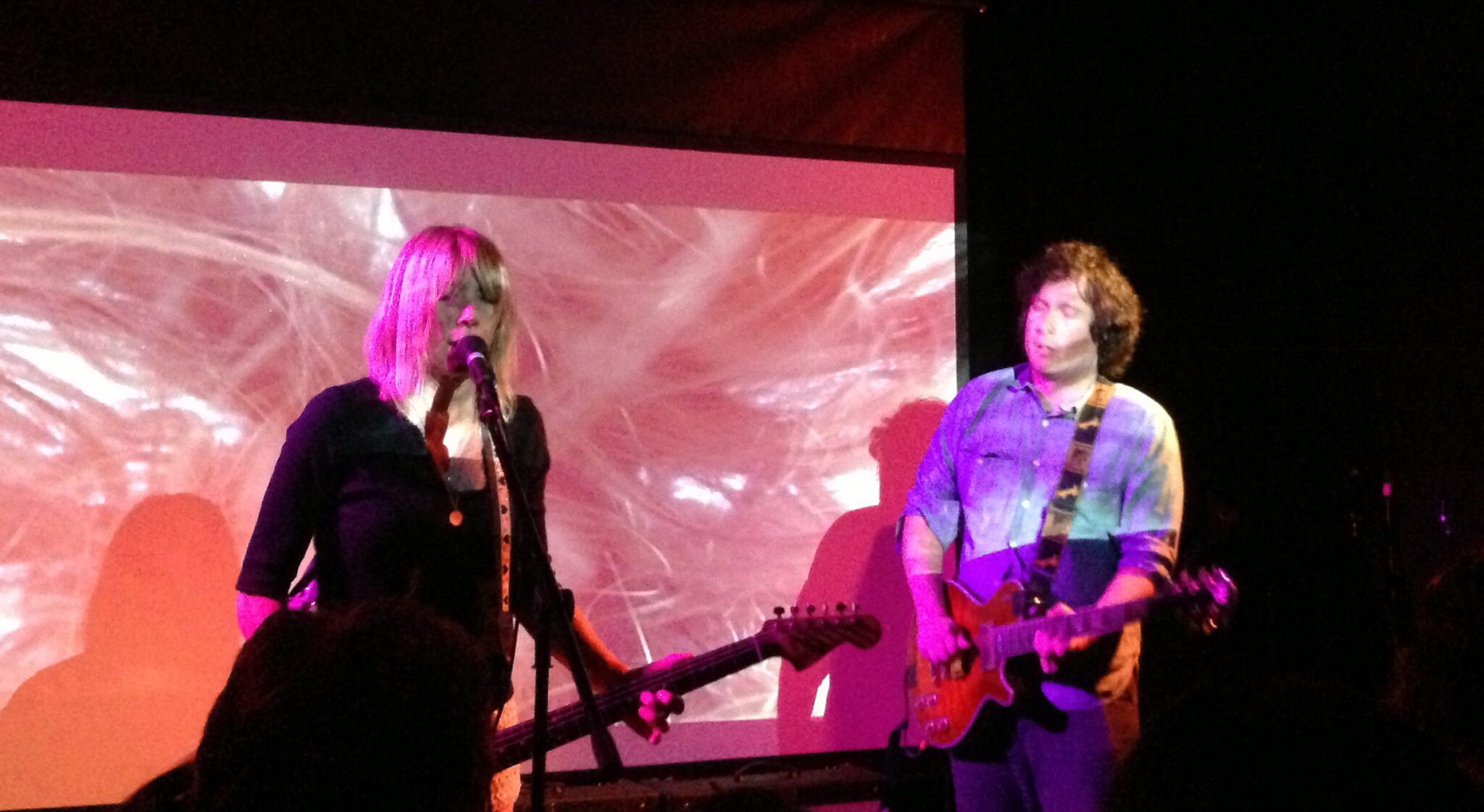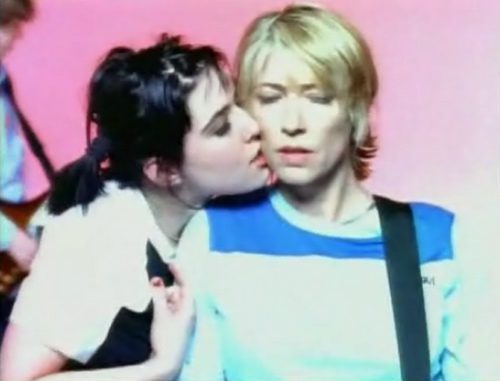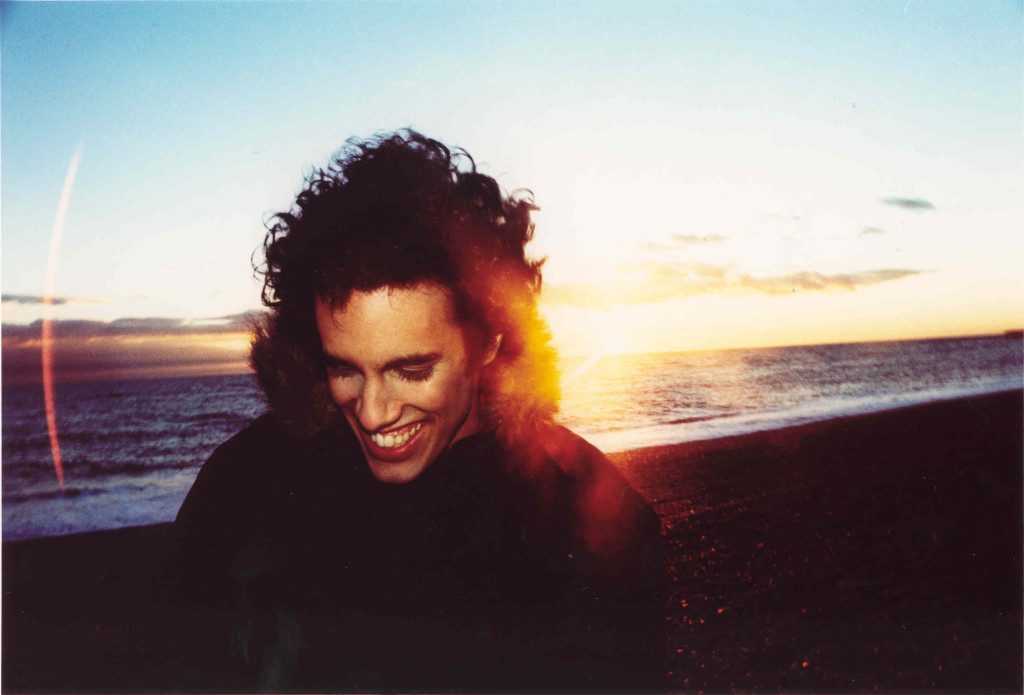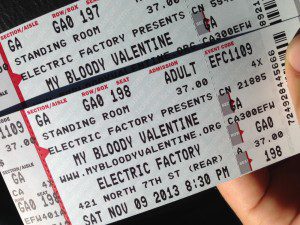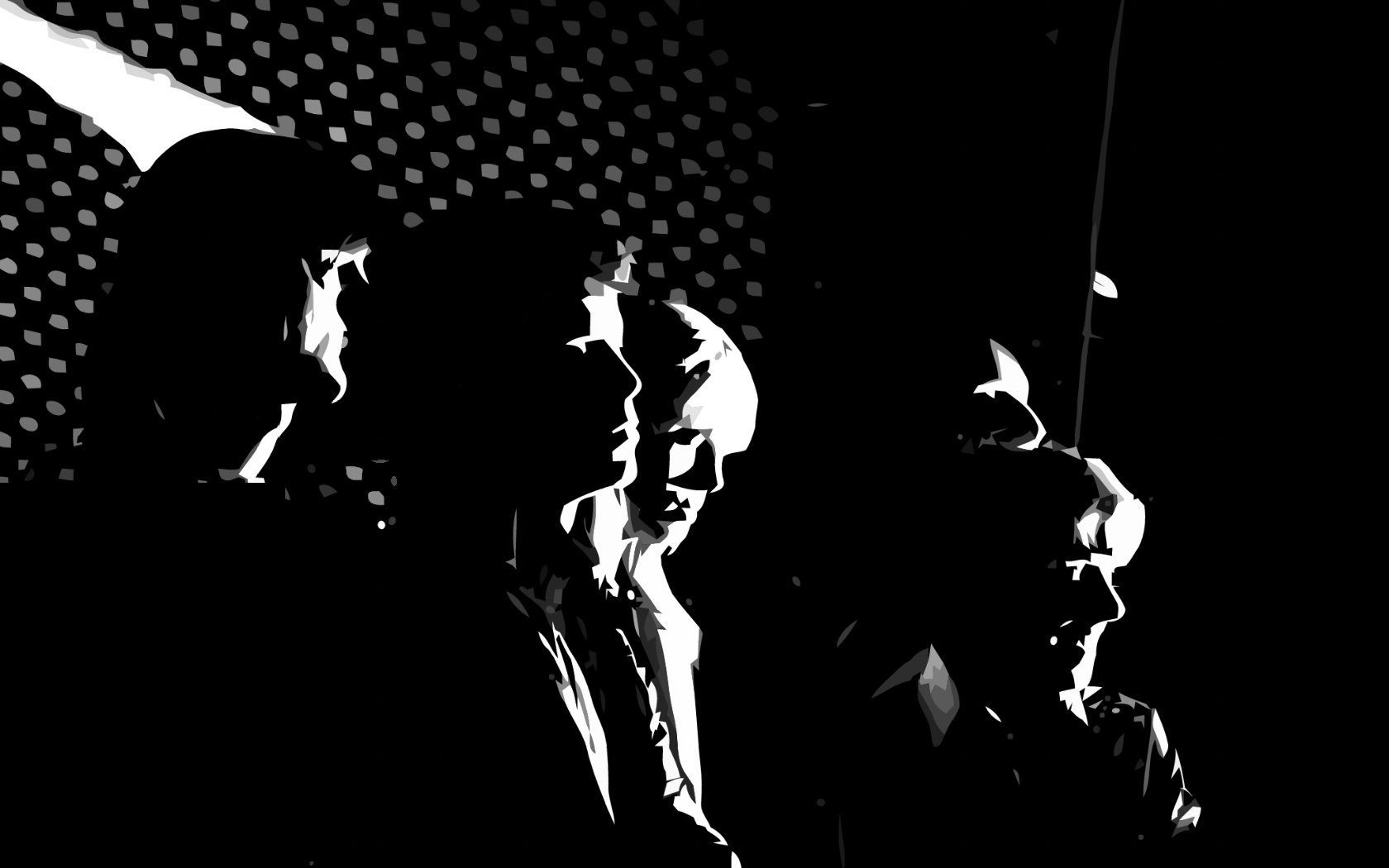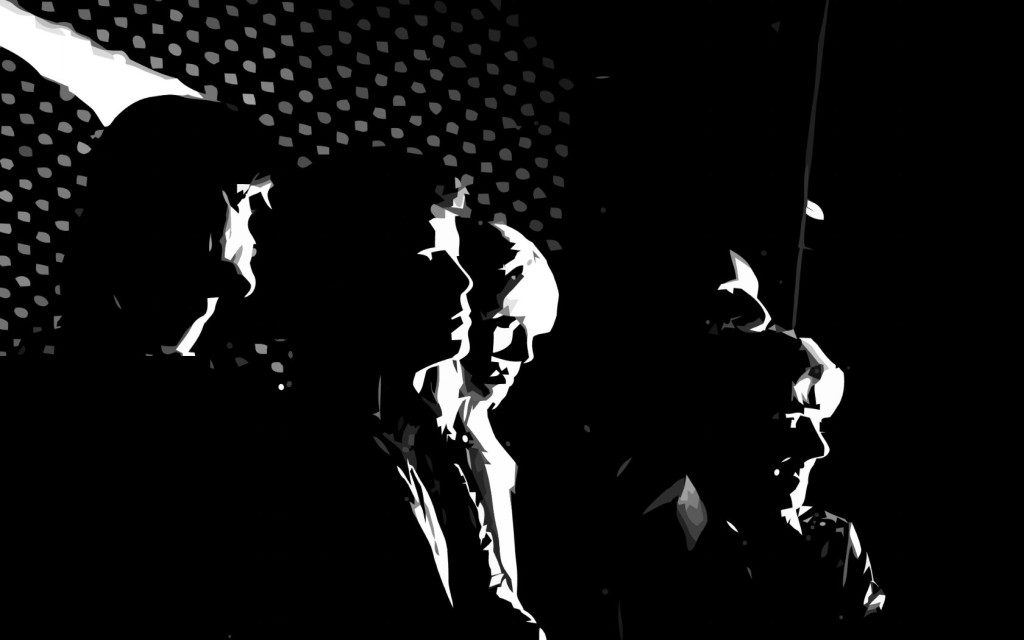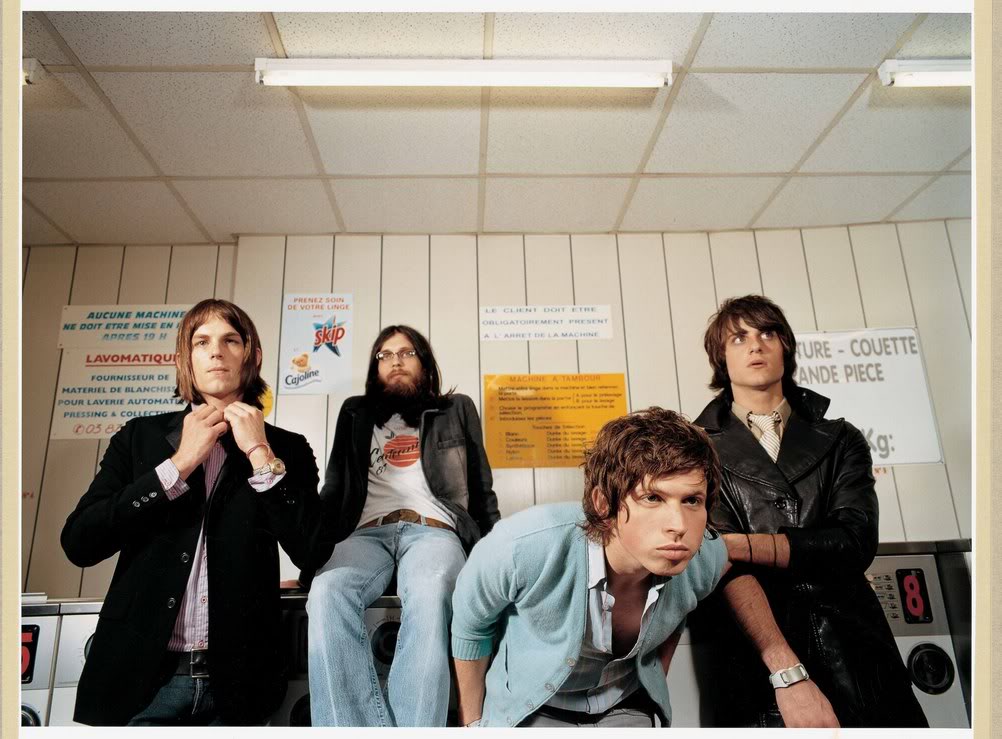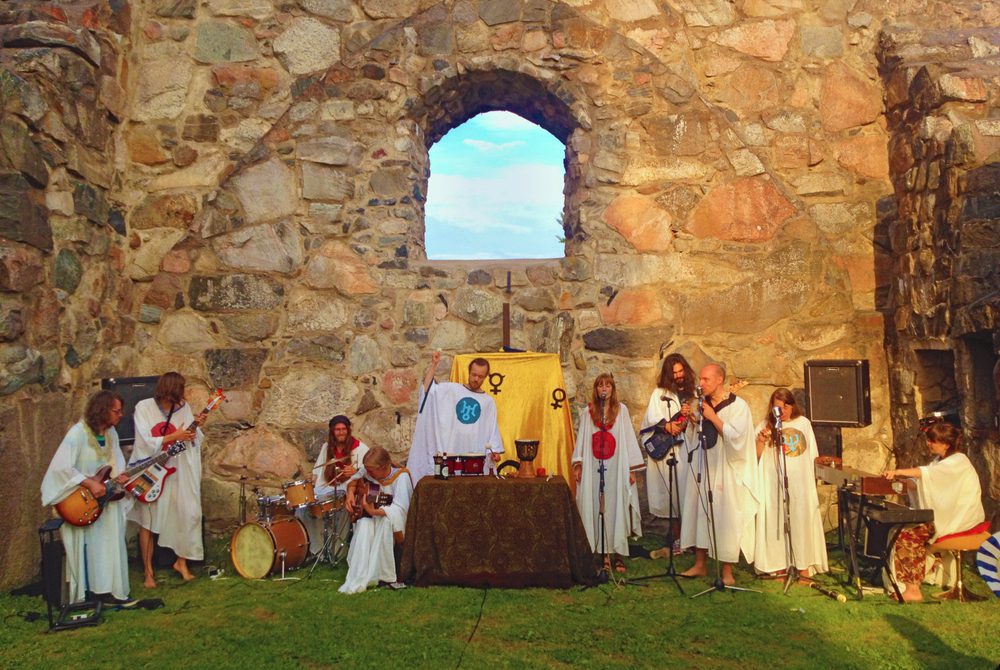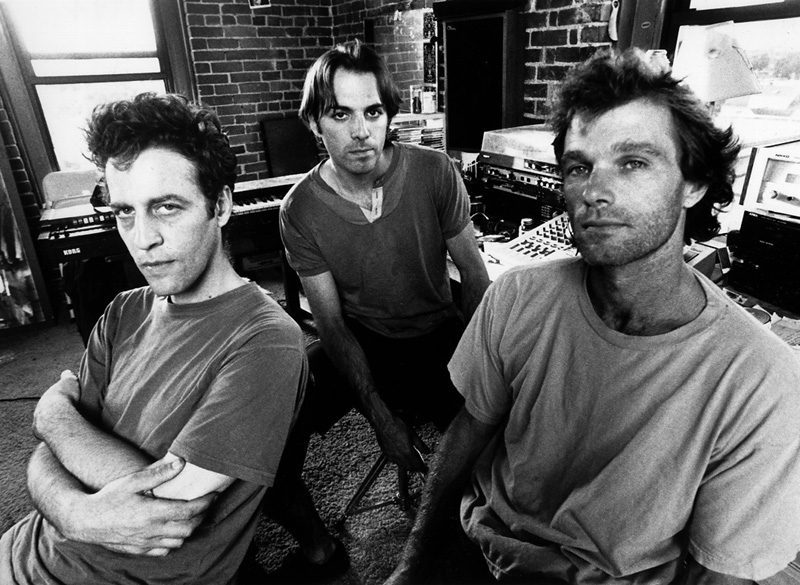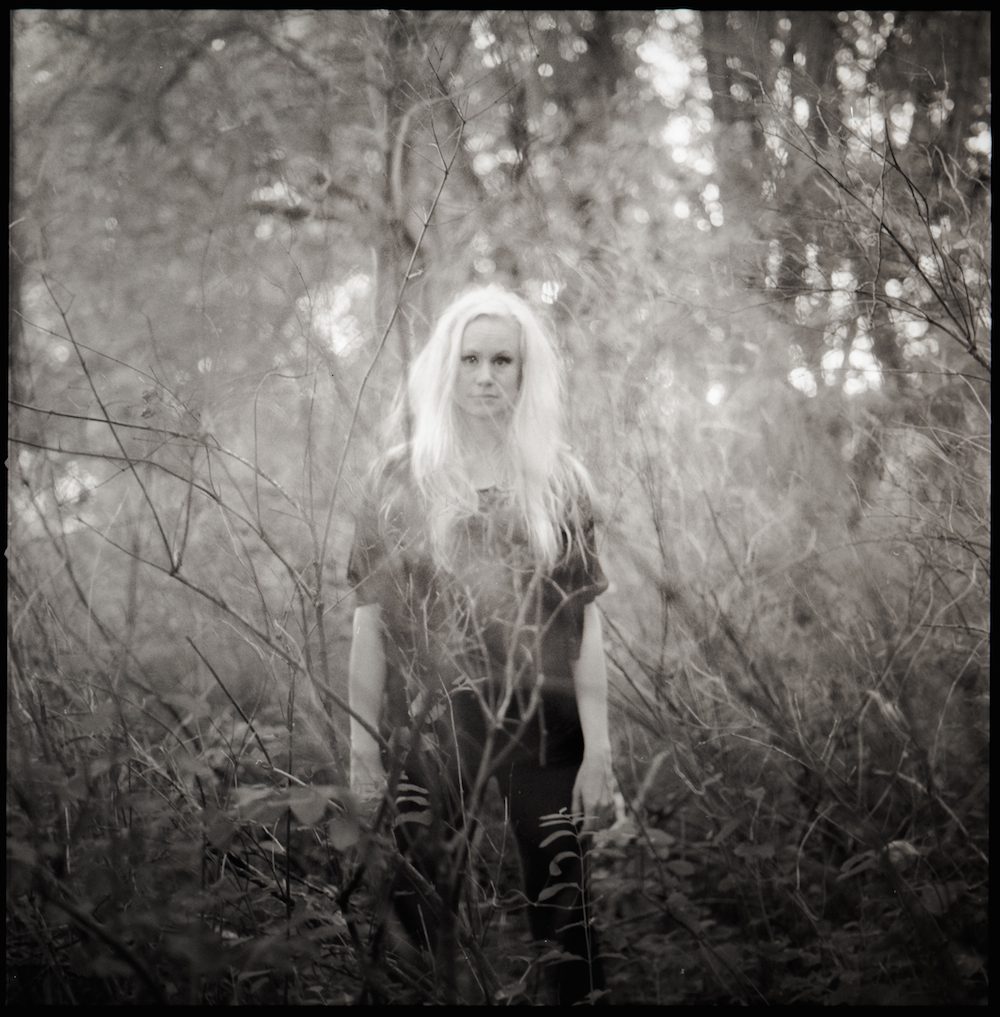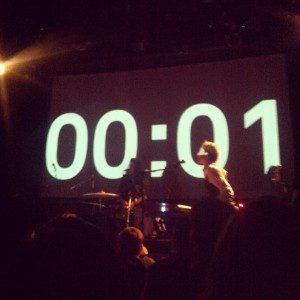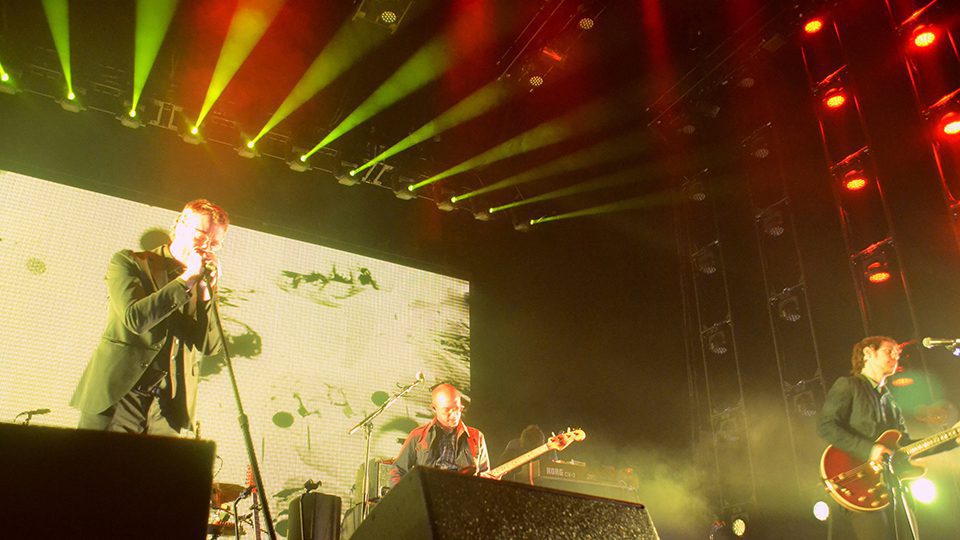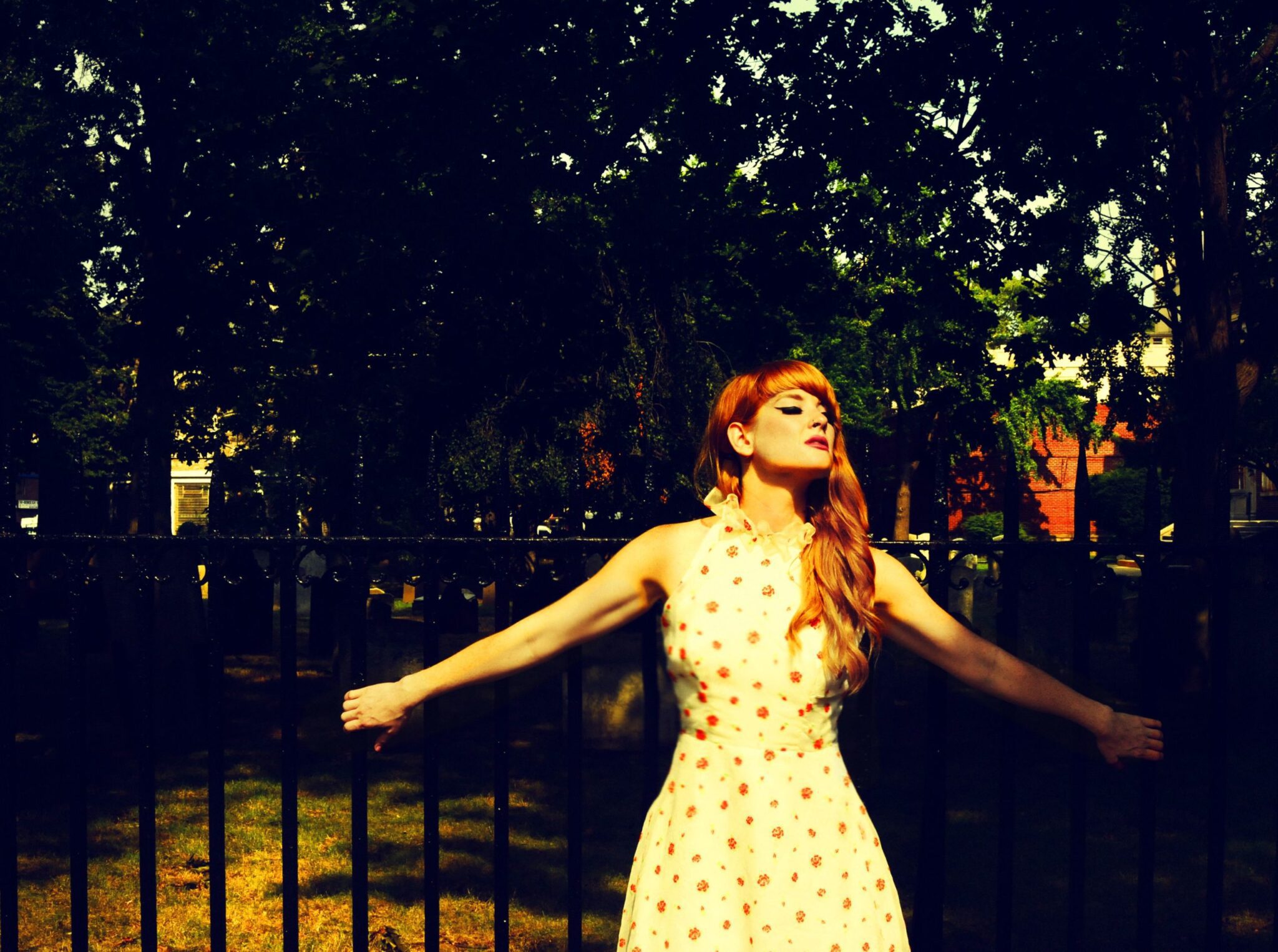
[fusion_builder_container hundred_percent=”yes” overflow=”visible”][fusion_builder_row][fusion_builder_column type=”1_1″ background_position=”left top” background_color=”” border_size=”” border_color=”” border_style=”solid” spacing=”yes” background_image=”” background_repeat=”no-repeat” padding=”” margin_top=”0px” margin_bottom=”0px” class=”” id=”” animation_type=”” animation_speed=”0.3″ animation_direction=”left” hide_on_mobile=”no” center_content=”no” min_height=”none”]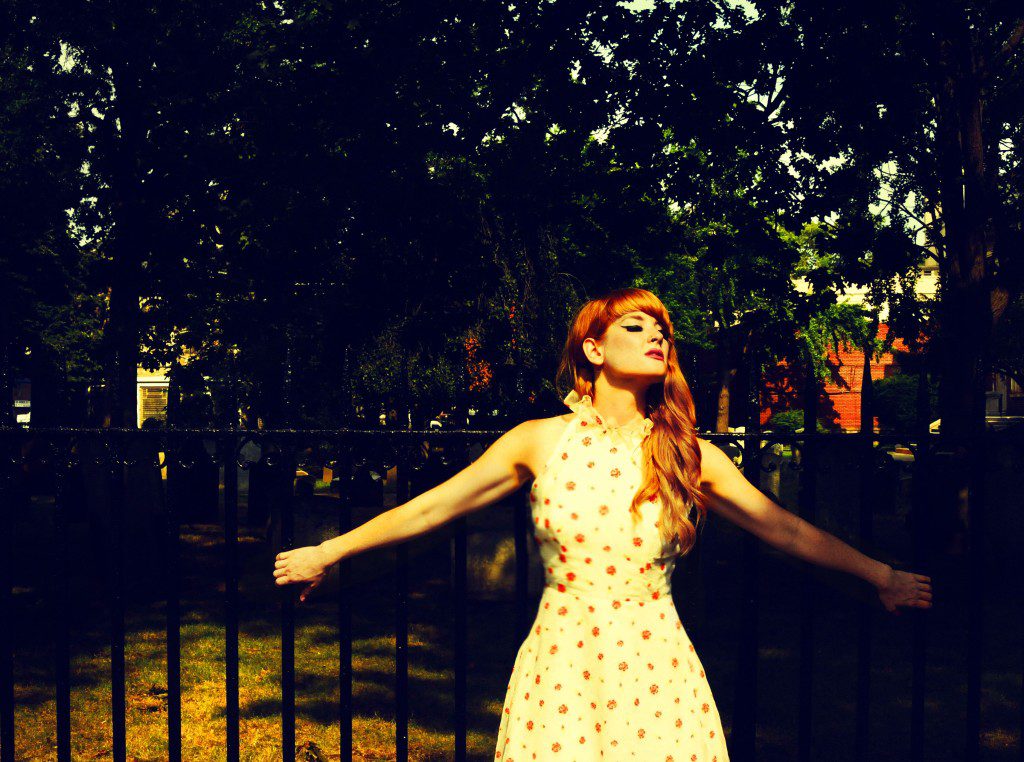
Everyone’s had a broken heart. That’s why songs about love gone wrong are so ubiquitous; as listeners, we crave relatable lyrics telling tales of liars and cheats and unrequited crushes. We make playlists to deal with love’s letdowns, and as we sing along and we might have a good cry or hit the gym to take it out on a punch bag with our ex’s name on it. Either way, there’s no denying the catharsis inherent in woeful ballads and sassy bangers alike. Lovelorn listeners take heed: Emmy Wildwood has arrived with her debut EP Mean Love, a smoldering new crop of post-breakup jams. Over the course of four songs, she skewers toxic relationships, calls out distant lovers, and offers up a healthy dose of how to get over all that and move on.
Wildwood is a force to be reckoned with, and it goes way beyond her savvy, straight-for-the-throat anthems. She’s performed in a wide range of musical projects, fronting punk-rock outfit VELTA and alt-country band The Stone Lonesome and appearing regularly as “Lizzy Strandlin” in all-girl Guns N’ Roses cover band. And that’s just her sonic resume; she’s worked in fashion for years, both as a stylist and as proprietor of Tiger Blanket in Williamsburg. She also operates a record label of the same name, which will release Mean Love on June 24th. Not only did we chat with Wildwood about her EP, her songwriting process, Alfred Hitchcock, and the harsh realities of dysfuntional relationships, AudioFemme is pleased to present an exclusive streaming premiere of the record. Check it out below while you read Emmy Wildwood’s words of wisdom.
AUDIOFEMME: Congrats on the EP! We can’t wait to share it with the world; the songs have such irresistible hooks, and your voice is incredible. In your words, what describes the sound you’re going for on your solo project?
EMMY WILDWOOD: Well, I have a primarily punk background – I am from Tuscon, Arizona, and there’s not a lot of people, kids particularly, playing music. Except for boys, and boys played punk, where I was from. So I learned to play power chords and punk stuff early, so that I could be in bands because there was no one else playing in any other kind of band back then. So I’ve always played punk, and then I got into more distinguished music later, so there’s sort of an influence of pop singer-songwriters and things like that. But for me it always comes back to rock n’ roll and punk so I would say that that’s pretty prevalent in the voice. Even though there’s a pop sound it’s always pretty driven by a lot of nasty electric guitar sounds. I would say it’s electronic pop with a very punk feel.
AF: It definitely hearkens back to the era that produced great punk rock-inflected pop acts like Cyndi Lauper and Blondie. You use vintage drum machines to achieve that sound?
EW: We sure do. I had this idea that I wanted to just do electric guitar and electric drums, [/fusion_builder_column][fusion_builder_column type=”1_1″ background_position=”left top” background_color=”” border_size=”” border_color=”” border_style=”solid” spacing=”yes” background_image=”” background_repeat=”no-repeat” padding=”” margin_top=”0px” margin_bottom=”0px” class=”” id=”” animation_type=”” animation_speed=”0.3″ animation_direction=”left” hide_on_mobile=”no” center_content=”no” min_height=”none”][particularly] LinnDrum, which is like a seventies big honkin’ horrible hugely heavy drum machine. Prince used it on his Dirty Mind album which is the one he made in his living room and it sounds really gnarly and grungy and I wanted to make something like that. LinnDrum is a big part of where this project started.
AF: So when you’re recording these songs, is it primarily you at home, alone? I know you’ve had some producers come in and work on it as well, but as far as the recording process, how do you go about that?
EW: I cut a bunch of demos on my own over the last couple of years, just electric guitar and voice. And I sent this new set of songs to my friends Zach Jones and Greg Mayo. Zach and I were in a three-piece garage rock trio called VELTA. He’s in this big pop band called Great Big World – they have that song “Say Something” with Christina Aguilera – and he got this huge drumming gig and has been touring a lot, and Greg plays with everybody in New York. They’re both amazing producers, they both play a bunch. They’re really good friends of mine. I’ve known them for a long time and they knew I wanted to do this and they’re huge Prince fans, huge pop fans, and I’ve played with them for so long I felt like they knew me so well so I called them up to help me make this particular sound happen cause I knew it wouldn’t take too much to make them understand what I was trying to do.
AF: So it made sense to approach them because you’d had so many prior conversations about how you wanted your solo stuff to sound?
EW: Yes. And just like, having been friends with them, we had common love of the same sort of stuff. It was one of those things where you don’t really have to have a conversation, somebody just knows you, and knows what you’re trying to get across, it was a lot of that cause they’re such good friends. And I respect them both musically so much. They both have amazing taste. I understand melody, and rhythm and ideas, and I’ve been doing this a long time, but they’re like really studied. They have all the stuff in the library, they can make anything I wanted to happen, happen. They’re really amazing musicians and they were incredibly important cause I definitely couldn’t have done that on my own. Especially some of the weirder, more creative stuff that’s on there that’s bizarre-sounding.
AF: Well how about the writing process? You mentioned that you had demoed the tracks before you even went to them, and I think there’s a lot of really interesting concepts and themes within the record, so can you tell me more about where you were as you were writing this and influenced the material?
EW: I had a lot of demos from sort of a tumultuous last two years. Definitely driven by breakups, I will say that. Also a lot of changes. I moved out on my own for the first time after a big breakup and I wrote probably 35 or 40 songs that weren’t being put to use. I had this sort of collection it was really hard to choose; I picked three of those songs that I wrote and I demoed those out. “RVR LVR” was the fourth one which I brought to the space. We were gonna do another, sort of heavy tune that I had written called “Rosewater,” and they were like, “Man, do you really want this EP to be like, this heavy? Don’t you want something like, super fun on the record?” And I was like, “Well… I have half of a super fun song.” I didn’t have a lot of “super fun songs” written, you know what I mean? I was dealing with some health stuff too. So it could’ve been this really really heavy EP but they sorta helped me put this more fun spin on the whole entire thing because they co-wrote this fourth song with me. Because of them of them I have an EP which made my life a little bit more fun that what was going on.
AF: I think lyrically, these songs are definitely dark and heavy in subject matter, but I feel like they’re written so poetically. That’s maybe too flowery a term, because there’s also a lot of anger and bite there, but its not like you’re calling anyone specific out. A lot of times you’re blaming yourself in these situations as much as you‘re blaming another party. And it’s so straightforward, so uncomplicated – just a collection of these charged phrases that feel very powerful as a whole.
EW: Lyrically, I’m always really honest. Some people worry about things coming off a certain way. I don’t like to be shocking on purpose, but if my honesty is shocking that’s cool to me. I like to say things in a way no one’s ever heard before, I like to play things in a way people haven’t heard before. I mean I guess that’s what we’re all trying to do. Lyrically I was just really honest and really proud about that and lyrics are something that I’ve always put a lot of time into. It’s something that’s really important to me because I listen to lyrics very intensely. The words make me feel much deeper about the music. I didn’t even know that I was blaming myself as much as I was blaming myself until you said that but that’s totally true.
AF: Well a lot of what you’re referencing on this record, particularly on the first two tracks “Mean Love” and “Stung,” are really relatable scenarios. We’ve all been in a dysfunctional, toxic situation, either with a lover or a friend or even in business relationships. There are a lot of sycophants out there. And if you spend enough time in those kinds of situations, you risk becoming a sycophant yourself. The lyrics to “Blondes” in particular kind of talk about that. It’s layered under poppy, rock-driven production but the words are very sinister and violent. Can you talk a little bit about the metaphors you’re using? Or should I call the cops?
EW: [laughs] You probably don’t need to do that! I read this article actually, on Alfred Hitchcock, his movies and how he always cast blonde girls because they looked “better in blood” on screen, cause the red stood out better. And it stuck with me for a long time but then it sort of became this thing, this imagined scenario, this song. This one I would say is less autobiographical, although it always becomes that, somehow, for me, relating it back to a personal situation. The song tells a story of a relationship where one partner is angry at somebody besides the person they’re taking their anger out on. I just used that metaphor of the blonde girl as the other girl. It’s a violent song because I’m comparing that to a horror film, but that’s where that metaphor came from. Don’t call the cops, it’s all good.
AF: I have read a little bit about Hitchcock’s relationship with Tippi Hedren, who starred in The Birds and some of his other movies and the reality of his behavior toward her is more terrifying than most of his actual movies I think. He was really obsessed with her, and did terrible things to her…
EW: Yeah, he pushed her. That’s the whole thing. I feel like we sort of do this to each other in relationships, it’s this recurring theme. He pushed her to get an emotion out of her that he needed to draw power from, that the movies maybe drew power from. Just to make it more passionate, more emotional, he pushed her to these extreme places to get something out of her, and was also totally obsessed and in love with her. I was totally fascinated by that whole concept of pushing somebody and all of that sort of obsession and craziness that follows love.
AF: Obviously it’s a painful thing to have a romantic falling out with someone or a separation, but especially having now channeled all of that into the EP, do you feel like that’s a thing that has pushed you and been transformative?
EW: It did push this EP. I had a really significant twelve-year breakup. I was with someone since I was a teenager. But “RVR LVR” is actually a happy song, and “Stung” is heavy but it’s a happy song too in the sense that it’s [about] falling in love again and learning to trust somebody again and somebody loving you even though you’re, sort of, to put it UN-poetically, screwed up, or not as strong as you feel like you were. It’s really hard to go into a new relationship when you had an idea of what your whole life was gonna be like, constantly evaluating every new thing, [thinking] is this hard because this is not right, or is this hard because I thought it was gonna be another way and it’s a different way? And someone being patient with you through that. “Stung” is definitely about being in love again and someone loving you through something hard like that.
AF: You mentioned “RVR LVR” – that’s a definite favorite of mine. It almost gives the whole EP a fairy-tale ending, not just for the mythical imagery of someone rising out of the mist so-to-speak, but it’s also a breath of fresh air after all the weightiness.
EW: Good! It wasn’t the last one we did, but it was the last written. I was so excited to have it because it just sort of rounded off the EP in a way. I hadn’t seen a close to where it was gonna finish off. I didn’t know if we should do five songs or six songs or three songs or a mixtape. And then we wrote “RVR LVR” and I was like “Oh! It’s these four. That’s it.” And the guys felt that too. It was just understood, and we all felt the same way. So it was sort of a breath of fresh air to the EP in general just sonically. “RVR LVR” is about the fun stuff. It’s about like, going out and getting someone and winning someone over, so there is happiness to it. There’s a lot of honest things about what it is to break up and fall in love again and evaluate yourself through it and evaluate your partner through it.
AF: So what ended up happening to these other songs? Will they go onto an album or is it time to put that phase of your life behind you and move on? I’m sure you’re still writing new things.
EW: Where do all the lost songs go? You know, a lot of people in their lives have concentrated on being like, the best guitarist in the world or being the best singer in the world. I wanna be a great singer and I’m always trying to get better at guitar, but for me it’s always been about writing the song. I wanna have the perfect ‘song moment.’ I write so much – that’s really what I spend my time doing, almost to the point that it doesn’t feel like a choice. I don’t sit down and practice, I sit down and write. [I have] a lot of songs that I just have never produced. They’re just floating somewhere in my hard drive. I don’t know if they’ll be significant to any particular project in the future, but you never know. Actually, [with] “Mean Love” I had the chorus for a long time, and it just shaped up two years ago. But there are a lot of songs that maybe will never be heard by anyone besides my pug, Pilot.

AF: Then again, maybe you have something that’s rolling around in the ether that will be a huge hit.
EW: That would be great. You know, I feel like things like that are always surprises. There are songs that are still my favorites that I wrote, you know, seven years ago, that I think are cool songs that maybe I’ll use an idea from eventually. With the EP, to bring it back to the theme behind it… for me it’s like I’m only able to reflect on things once they’re processed. I’m like a lot of emotional human beings [in that] when things are really difficult I can’t even pay attention to them. I went through this breakup a while ago, like three years ago. I had trouble even talking about it for a really really long time. It’s something I will never forget because it has shaped a lot of these last few years for me but I’ve moved forward in a really great way. I like to reflect on the dark things and my innermost secrets and my weird feelings. I’ll always be a little dark in my writing but as far as that chapter being closed, it’s closed, and it’s cool to have this EP, listen to the songs, and be like “Holy cow, did I write that?!”
AF: Would you play these songs to your ex? Do you think he’s heard them?
EW: I have no idea. That’s pretty funny. What’s funny is these songs aren’t even particularly personally about him but more about what resulted because of him, and things that have happened since him. I don’t even know what he’s thinking. I don’t really care. I have a boyfriend now who is amazing. Actually, he co-wrote “Stung” with me. He’s a singer, too and a music writer, like you. He gets it.
AF: So I’m really interested in what you’re doing over at Tiger Blanket. It’s both a record label and a clothing store?
EW: Tiger Blanket is a label that I started a really long tome ago. It was just sort of a fantasy. Any record I made on my own or with friends we would put out under the Tiger Blanket label, but it really came into fruition a few years back with a country music project that I was in, believe it or not, called The Stone Lonesome, that we put out on vinyl. And then I realized that this label needed to be a vinyl label, because I love vinyl, and no one was buying CDs. People were collecting things in limited runs which were something that I liked in particular. Then when I opened my store in Williamsburg it all just came together. I’ve always worked in fashion to make money – cause we all know how profitable music is – so I’ve always worked on styling and [finding] vintage stuff. It became a lifestyle concept – you buy the outfit and you buy the record that you wanna listen to while you get ready to go out to see the show that you’re gonna go see. Unfortunately our landlord has followed the trend of this neighborhood and bumped it all up. So we have to find a new home, location TBD, so right now we’re focusing primarily online. But we’ll have a new release in August and out first piece of clothing specific to the brand that is our own in-house design in August as well.
AF: What records, other than your own, have you released so far?
EW: Last year we released Mother Feather, do you know that band?
AF: I actually do, we booked them for our Scene X Sound event! They’re playing June 26th in LIC on the roof of the Ravel Hotel.
EW: Oh, awesome! They’re kick ass. We also put out Erin Mary and the West Island, sort of a sixties-sounding vibe. She wrote the whole record from the voice of a dead little girl ghost.
AF: Ooooh, creepy.
EW: Yeah, it’s very creepy. I love these sort of conceptual groups and bands, and it has been all girls so far which was not necessarily my intention, but I just put out what I liked and what came in front of me, and what I created a bond with, music I fell in love with and I put it out. I have a few bands in the works, but we’re just seeing how those projects shape up right now and we’ll probably do another release in the Fall.
AF: I have no idea how you find the time to do all this! You’re also in a pretty cool cover band, I hear.
EW: Oh, right! Guns N’ Hoses! Yeah, we play a lot, our next show is June 28th at Bowery Ballroom. I joined two years ago, maybe more that that now. We started by playing all of Guns N’ Roses Appetite for Destruction album and now we’re doing Use Your Illusion as well. It’s wild, because I liked Guns N’ Roses… it was on the radio when I was a kid, I loved their performance, I loved Axl – I thought he was frickin’ bad ass. But joining this band made me get way deeper into their music and see how cool they really were and what they were doing was super innovative. I got way deeper in the catalogue and if anything it’s made me a way better guitar player. It’s harder stuff than I was used to playing – punk rock songs and Nirvana and Weezer – it’s not the same stuff. So it made me a better guitar player, that’s for sure.
AF: GNR, and that type of hair metal rock n’ roll in general, has been pegged from the get-go as both innately masculine but also sort of goofy. It’s macho but almost to such an extreme that it’s kind of a joke. As a group of women playing that music, how do you feel that changes it?
EW: We put on a show, we try and play our characters. We curse at the audience, we drink, we jack on stage, it’s all part of the show. It can be incredibly goofy. As far as us being girls doing it? I don’t know, maybe it sheds light on how ridiculous it really is. But really I think things always sort of come back to the spirit of that band. They were just nuts. They were crazy, they were living up what people really think is the insane rock n’ roll lifestyle and they fully embraced that and they were super proud to be gross and wild and addicted and promiscuous… I mean that’s what half the songs are about. It is a novelty because we’re all girls and they weren’t, but we hope that people come and they’re impressed by the playing, which they usually are. We do it because the songs kick ass, and we do it cause it’s funny and because people like it. We didn’t think it was gonna be as big of a deal when we started it as it turned out to be.
AF: People love their cover bands. Particularly with the era GNR came from, playing that genre… there aren’t a lot of modern bands that have that sound, and people who listened to bands like that in their heyday are barely interested in new bands doing that anyway. They want to hear those classic albums.
EW: Oh Yeah, I mean it’s fans of Guns N’ Roses coming. They don’t care… I mean, they think it’s cool we’re girls, but it’s fans that wanna hear the songs played live, that’s for sure.
AF: That sounds totally awesome. In terms of your solo project, though, what are your hopes for the EP? Where do you want to see it go, who do you want to hear it?
EW: This! These conversations are what I would like to have happen. Someone to hear something, think it’s cool, spend the time actually reading the lyrics and seeing that maybe it’s surprising compared to how it sounds sonically. If this happens like twenty times or ten times or five times, that would be really satisfying to me. And if the songs go somewhere else, sneak into a television show or a commercial, that would be wonderful too. I won’t make any big plans for them because I believe they will find their audience. I think we’ll be playing them [live] in July. That’s the first show.
AF: What will your live performances entail? Will you play with a full band or will it be a more stripped-down solo performance?
EW: It’s definitely me, Zach and Greg. Zach plays drums and synth stuff, Greg’s a guitar player and plays some synth stuff, and I’m gonna play a little electric guitar, some songs with and some without. But I will tell you that all three of us are fairly raucous performers and the live show is always fun when we get together. I like to lose myself a little bit on stage and get a little gnarly and eat my hair and sweat, all the good punk rock stuff.[/fusion_builder_column][/fusion_builder_row][/fusion_builder_container]

